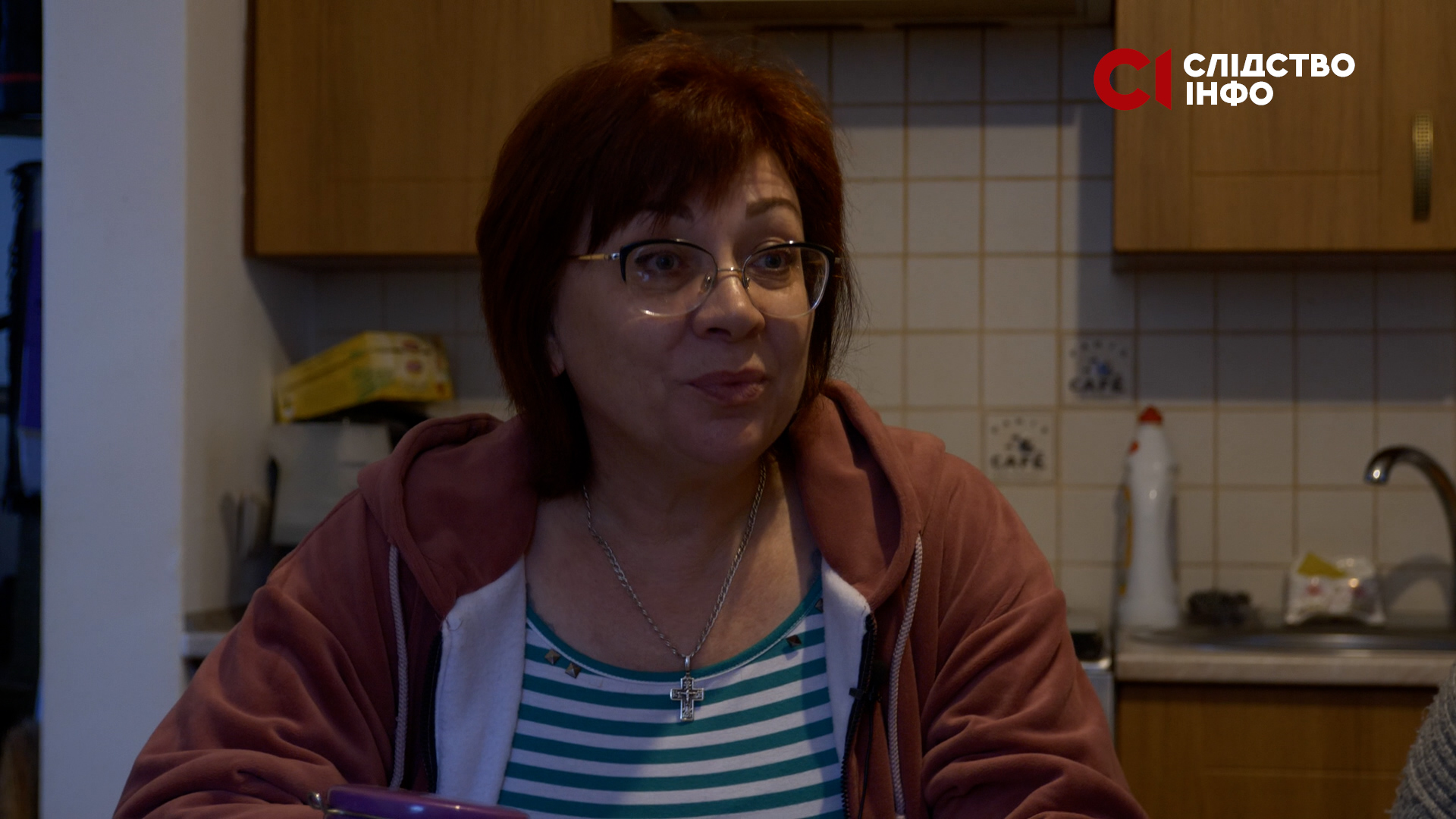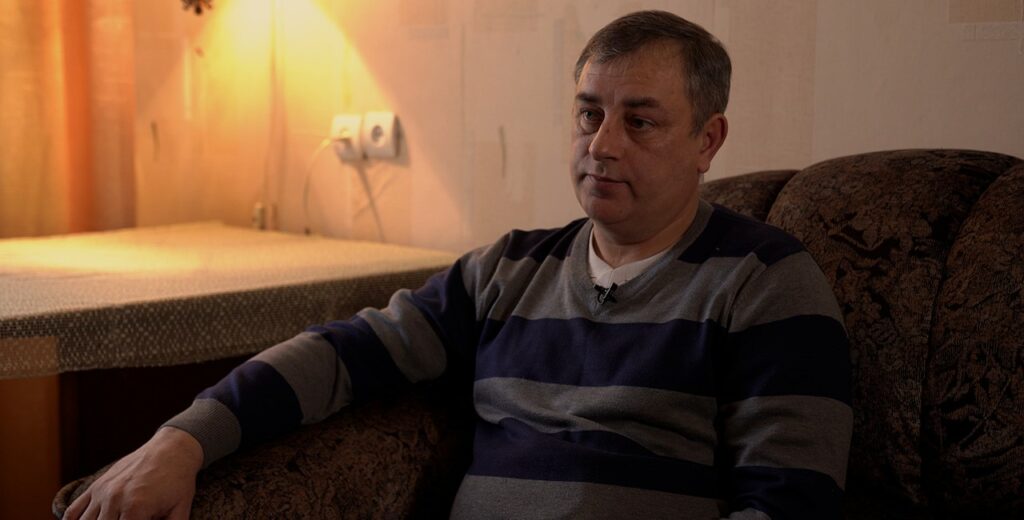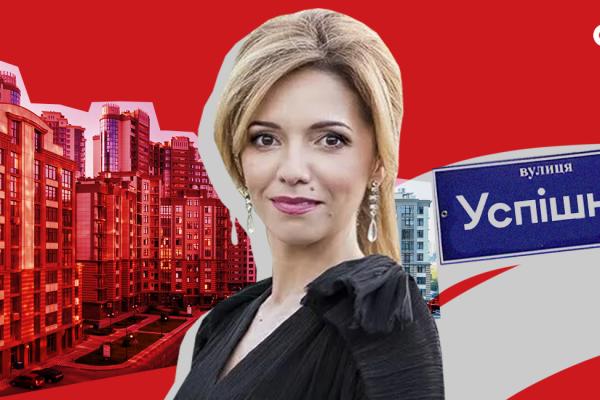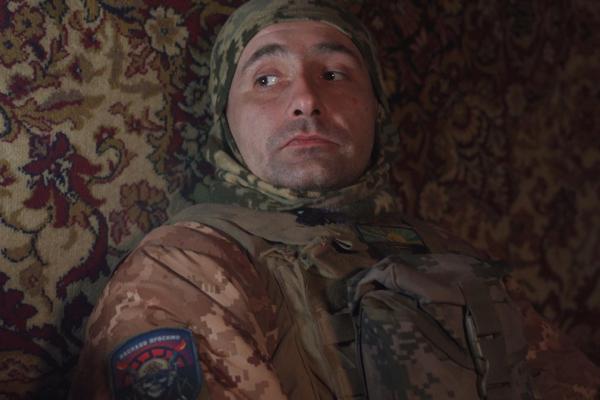From the first days of the full-scale invasion, Russian troops entered the Zaporizhzhia region. In the village of Ozerne, the Russians occupied a colony, and its employees had to choose whether to work for the occupiers or resign.
The video material of Slidstvo.Info describes life under occupation and the way of the local colony workers to freedom. The video has English subtitles.
Veselivskyy Correctional Center No.8 is located in the village of Ozerne in the Zaporizhzhia region. After the occupation of the village, local traitors began to actively complain about pro-Ukrainian residents. In the colony, the Russians mocked the prisoners, and the correctional center staff was persecuted for refusing to side with the occupation authorities.
“THEY TURNED ON THE MUSIC SO THAT THE SCREAMS COULD NOT BE HEARD”
Oleksandr Fursa has lived in Ozerne village for more than 25 years and has been working as a director of an enterprise located on the territory of the colony for more than ten years. The prisoners receive wages for working on the enterprise’s facilities: a farm, a workshop, a threshing floor etc. The men produce products that they sell to Ukrainian businesses.
After the occupation of the village, Oleksandr continued to manage the enterprise until September 30, while the institution was operating under Ukrainian law, and after the so-called referendum, the colony came under Russian control.
Oleksandr and several of his colleagues did not want to cooperate with the occupiers, so they decided to quit their jobs. A few days later, the man was visited by armed Russian soldiers.

Oleksandr Fursa, the director of an enterprise employing inmates of Veselivskyy Correctional Center No. 8
“Armed men came to my house, my wife and I were separated, they brought me into the house, rummaged through our belongings, then threw me to the floor, started kicking me, asked why I stopped working,” says Oleksandr Fursa.
They put a bag over his head, put him in a car and took him to the local police station, where he was kept in a cell for eighteen days.
“They took me out of the car and put me in a cell with another guy. They gave me two jugs of water a day – to drink, wash, wash clothes and flush the toilet. That was water, biscuits and cheese. And so on for 18 days,” Oleksandr recalls.
The man was interrogated and forced to cooperate. The occupants turned on loud music near each cell so that the screams of the detainees could not be heard.
“There is a speaker near each cell, and the music plays from waking up to bedtime. The morning starts with the Russian anthem, and then everything else. This is so that no one can hear the screams. But sometimes they did things there that even the music did not help,” the man recalls.
One day, Oleksandr was taken out of his cell and taken to a field. They gave him his belongings and let him go.
“They put me on my knees and left me. They said I could leave in 5 minutes,” Oleksandr says.
The next day, he and the husband of his colleague Olha, who had been deported the day before, decided to leave the occupation.
“I WAS AFRAID THEY MIGHT SHOOT ME IN THE BACK”
Olha is a shop assistant at the Veselivskyy colony. Prisoners who earned money at the enterprise bought household items there: slippers, cigarettes, personal care products. With the beginning of the occupation, the company stopped earning money and the store had to be closed.
The woman refused to vote in the so-called referendum and tried her best to support people during the occupation of the village.

Olha, a shop assistant at the store located on the territory of Veselivskyy Correctional Center No. 8
“I had an old flag, I tore it into pieces, made ribbons out of it, and hung these ribbons on the poles at night. The collaborators realized who could do this and immediately pointed to me,” Olha recalls.
One evening, the Russian military came to the woman’s house. They took Olha away and took her first to the police station and then to Vasylivka to a checkpoint. There she realized that she was going to be deported.
“And he read me the verdict. That I was being deported from the Zaporizhzhia oblast, that I was discrediting the Russian Federation, shouting fascist slogans, singing the fascist anthem, and that I was prone to terrorism,” says Olha.
The woman recalls that the Russian military forced her to walk across a mined field: “I walked and did not look back. I didn’t look back for about 40 minutes. I was a little afraid that they might shoot me in the back.”
Olha walked for five hours and was picked up on the government-controlled territory by a minibus driver who was taking women from Mariupol to Zaporizhzhia.
“IF SOMEONE IS NOT RELEASED, WE ALL STAY”
After being released from 18 days of captivity, Oleksandr Fursa, along with his wife and Andriy, Olha’s husband, decided to flee the occupied village. However, both men were on the lists of Russians, so they could not leave through the Russian military checkpoint in Vasylivka. The only way to the government-controlled territories of Ukraine was through the occupied Crimea and Georgia.
“We agreed that if one of us was not allowed to leave, we would all stay and look for other ways to leave,” Andrii recalls.

Andrii and Olha are residents of the occupied village of Ozerne
They were barely checked in the occupied territory, and at the border crossings with Russia and Georgia, Oleksandr Fursa was detained for about five hours and eventually released.
At the border crossing with Abkhazia, Andrii faced problems. He did not have a foreign passport and tried to leave using his domestic passport. Andrii resorted to a trick and said that a newly issued Ukrainian passport was considered a foreign passport.
“I gave them my internal plastic passport and told them that we have both a foreign passport and a Ukrainian passport – it’s two in one, because we have everything European,” Andrii laughs.
The man was let through, and with the assistance of local embassies, everyone got to Moldova and from there went to Ukraine.
Oleksandr Fursa says that the men were relieved when they crossed the Russian Federation’s border with Georgia: “I realized then that we would get home anyway.”
Now Oleksandr and his wife, Andrii and Olha live in the government-controlled territory of Ukraine and hope to return home soon.
“I am sure that we will return there. That we will continue to work, and they will leave. I never doubted for a minute that everything will be fine,” says Oleksandr.



